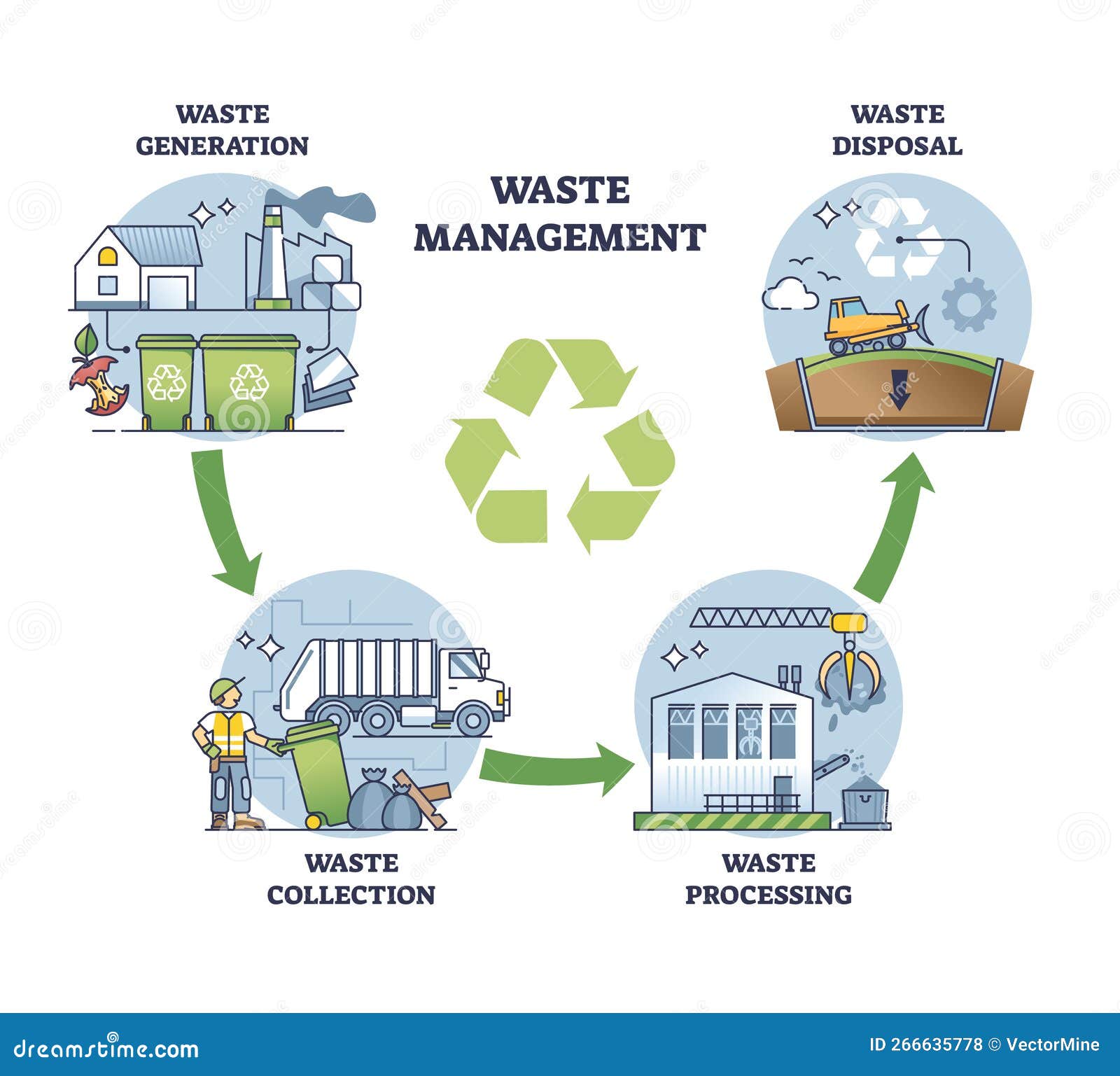As the world grapples with the challenges of waste management, companies like Republic Services have emerged as leaders in providing innovative and sustainable solutions. With a strong focus on environmental responsibility, Republic Services has developed a comprehensive waste transfer system that ensures the efficient and safe transportation of waste from collection points to disposal facilities. In this article, we will delve into the world of waste transfer, exploring the importance of this process and how Republic Services is setting the standard for the industry.

What is Waste Transfer?
Waste transfer refers to the process of moving waste from a collection point, such as a household or business, to a facility where it will be processed, recycled, or disposed of. This process is critical to maintaining public health and safety, as well as protecting the environment from the negative impacts of waste. Waste transfer involves a range of activities, including collecting, sorting, and transporting waste to various facilities, such as landfills, recycling centers, and composting facilities.
The Role of Republic Services in Waste Transfer
Republic Services is one of the largest waste management companies in the United States, providing a range of services, including waste collection, transfer, and disposal. The company operates a network of waste transfer facilities across the country, which serve as intermediate points for waste collection vehicles. At these facilities, waste is unloaded, sorted, and reloaded onto larger vehicles for transportation to final disposal sites.
Republic Services’ waste transfer operations are designed to maximize efficiency, minimize environmental impacts, and ensure compliance with regulatory requirements. The company’s fleet of collection vehicles and transfer equipment is equipped with the latest technology, including GPS tracking and routing optimization systems, to reduce fuel consumption and lower emissions.
Benefits of Efficient Waste Transfer
Efficient waste transfer is essential for maintaining public health and safety, as well as protecting the environment. Some of the benefits of Republic Services’ waste transfer operations include:
- Reduced Environmental Impacts: By minimizing the distance that waste must travel, Republic Services’ waste transfer operations reduce greenhouse gas emissions and other environmental impacts associated with transportation.
- Increased Recycling Rates: Republic Services’ waste transfer facilities are equipped with advanced sorting technologies, which enable the company to recover more recyclable materials and reduce the amount of waste sent to landfills.
- Improved Public Health and Safety: By providing a reliable and efficient waste collection and transfer service, Republic Services helps to prevent the spread of disease and maintain clean and safe communities.
- Economic Benefits: Republic Services’ waste transfer operations create jobs and stimulate local economies, while also reducing the costs associated with waste disposal.
Challenges Facing the Waste Transfer Industry
Despite the importance of waste transfer, the industry faces a range of challenges, including:
- Regulatory Compliance: Waste transfer operations must comply with a range of federal, state, and local regulations, which can be complex and time-consuming to navigate.
- Environmental Concerns: Waste transfer facilities can have significant environmental impacts, including air and water pollution, if not properly managed.
- Public Perception: Waste transfer facilities are often viewed as undesirable by local communities, which can make it difficult to site new facilities.
How Republic Services is Addressing these Challenges
Republic Services is committed to addressing the challenges facing the waste transfer industry through a range of initiatives, including:
- Investing in New Technologies: Republic Services is investing in new technologies, such as advanced sorting systems and renewable energy systems, to reduce the environmental impacts of its waste transfer operations.
- Improving Regulatory Compliance: Republic Services has implemented a range of measures to ensure regulatory compliance, including training programs for employees and rigorous monitoring of its operations.
- Engaging with Local Communities: Republic Services is working to engage with local communities and address concerns about its waste transfer facilities, through open communication and community outreach programs.
FAQs
- What is waste transfer, and why is it important?
Waste transfer refers to the process of moving waste from a collection point to a facility where it will be processed, recycled, or disposed of. It is critical to maintaining public health and safety, as well as protecting the environment. - How does Republic Services’ waste transfer operation work?
Republic Services operates a network of waste transfer facilities across the United States, which serve as intermediate points for waste collection vehicles. At these facilities, waste is unloaded, sorted, and reloaded onto larger vehicles for transportation to final disposal sites. - What are the benefits of efficient waste transfer?
Efficient waste transfer reduces environmental impacts, increases recycling rates, improves public health and safety, and creates economic benefits. - What challenges does the waste transfer industry face?
The waste transfer industry faces challenges such as regulatory compliance, environmental concerns, and public perception. - How is Republic Services addressing these challenges?
Republic Services is addressing these challenges through investments in new technologies, improved regulatory compliance, and community engagement initiatives.
Conclusion
In conclusion, waste transfer is a critical component of waste management, and Republic Services is at the forefront of this industry. Through its efficient and sustainable waste transfer operations, Republic Services is reducing environmental impacts, increasing recycling rates, and improving public health and safety. As the company continues to invest in new technologies and engage with local communities, it is well-positioned to address the challenges facing the waste transfer industry and maintain its position as a leader in the field. By understanding the importance of waste transfer and the role that companies like Republic Services play in this process, we can work together to create a more sustainable and environmentally responsible waste management system.
Closure
Thus, we hope this article has provided valuable insights into The Importance of Efficient Waste Transfer: A Look into Republic Services’ Operations. We hope you find this article informative and beneficial. See you in our next article!